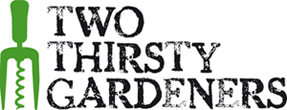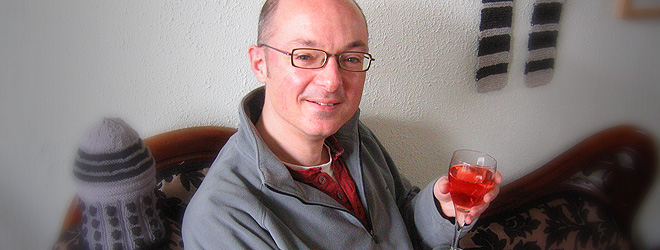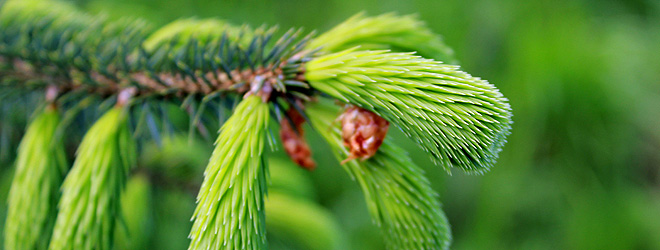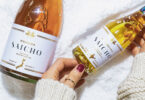There are few home made wine makers more dedicated than Ben Hardy, author of the hugely entertaining book ‘Ben’s Adventures in Wine Making’. His website of the same name chronicles every batch of wine he makes, and every bottle he subsequently drinks. We caught up with him for a chat…
You’re a very prolific home made wine maker. How did you first get into the craft?
It all happened by accident, really. One Christmas my wife gave me a demijohn, some plastic tubing and a wine kit from Boots, and I thought I would give it a whirl. The result was bland, but the technique was easy. I remembered my father making wine from elderberries, pears and dandelions in the 1970s, so I thought I would give those a go. The first one I tried was elderberry, which involved a nice country walk, followed by six months of waiting – and the result was rather wonderful. So I tried another flavour, then another, and by that time I was hooked.
Besides your excellent blog you’ve also released a book. Tell us how that came about.
Ben’s Adventures in Wine Making was basically my mother’s fault. She knew that I keep a holiday diary and enjoy writing, so one Christmas (which seems to be a theme here) she got me a blank book which had written on the front cover ‘A Wine Diary’. So, I started making notes of how I made a particular wine for future reference, and then made notes about how each bottle tasted. Very quickly it became as much about me as the wine, and from time to time my mother would have a read. She said I should try to get it published, and I ignored her, thinking she was mad. But she kept on at it, so I thought I would prove her wrong by sending an extract to a publisher and producing their rejection letter. Except it didn’t work like that. I sent an extract to ‘The Good Life Press’ and they rang to say ‘Can we publish this?’ This explains the dedication at the front of the book: ‘For my mother who – irritatingly – has been proved right’.
It’s an obvious question, but what’s your favourite home made wine?
This is like asking a parent ‘Which is your favourite child?’ Actually, not quite – as some are far better than others. Each year I will always make (in order) orange, rhubarb, elderflower, strawberry, gooseberry, blackcurrant (depending on crop), blackberry, elderberry, crab apple and Christmas Tutti Fruti (which is whatever happens to have been stored in the freezer over the year). Of those, I think blackberry is probably my favourite. It is the most straightforward to make, and is consistently good. And picking them in York Victorian Cemetery is always a pleasant afternoon.
And the least successful?
I have made some terrible wines in the past. Pear and plum wine are both surprisingly nasty. However, the very worst is a tie between potato and pumpkin. (Note how all these wines begin with the letter P.) Potato wine tasted of chips, in a bad way. It was at least clear. Pumpkin wine was cloudy and thick, and was unbearably nasty. In its initial stages it started to self-ferment before I added the yeast, and the liquid it gave off looked like the blood dripping from the eponymous character in Ridley Scott’s Alien. It was not a great experience.
You seem to have made wines out of most things. Is there anything you’re keen to try that you haven’t made yet?
My ambition is to do an alphabet of wine. If I can cheat a little bit with the letter X (Xmas Tutti Fruti), then I am missing the letters F, I, J, K, U, V, W, Y and Z. Some of these will be more difficult than others, but I am certainly aiming to make fig, kiwi fruit and water melon wine in the medium term.
Your blog details every bottle of home made wine you drink. Could you call this an obsession?
Part obsession, part millstone. Having decided that I would start a blog to publicise Ben’s Adventures in Wine Making, I thought the best way to do it would to be to continue with the same idea. Therefore, every time I drink a bottle of wine, I know that I have to write it up once it has been finished. Mostly I enjoy it, and it only occasionally feels like a duty. You can tell those entries – they are the ones that concentrate exclusively on the food that we ate with the bottle of wine.
And what do your friends and family really think of sharing the wines with you?
You would have to ask them. I think that usually they genuinely enjoy the ones that I think are good – though there are exceptions. My orange wine has been compared to an industrial cleaning fluid, whereas I think it is delicious. Sometimes it goes the other way, though. I made rose petal wine last year, and I think it is okay only, whereas everyone else has been really complimentary. Certainly my wife is enthusiastic about the good ones, and damning of those which don’t work. She is particularly concerned about the celery wine which is bottled, but has yet to be opened.
You seem to have become a leading expert in quince wine. What’s it like?
Again, this has happened accidentally. I have only made quince wine the once, and so far have only drunk one bottle of what I have made. But if you type ‘Quince Wine’ into Google, I am the first page that shows. My blog entry on how to make quince wine has had twice as many hits as my next most popular entry. I suspect it is because quince wine is unusual, and there are not that many pages out there which talk about it, whereas there will be hundreds about elderberry wine. If you do want to make quince wine, add more sugar than I did – probably another six to eight ounces – as the wine I made is unpalatably dry, and needs extra sugar when I drink it.
And, finally, have you any tips for the novice home made winemaker?
My first tip is to start with either blackberry or strawberry wine. These are easy to make and always good. I recognise that we are not in either blackberry or strawberry season, and if someone is keen to try something that will work, they can do now and which is straightforward, then try ‘Exotic Tinned Fruit’ – details of which are in my blog somewhere. This produces a light, fruity white wine and it won’t break the bank.
My second tip is be prepared to experiment. You will have some disasters, but these make good anecdotes. On the whole, though, what you produce will be somewhere between drinkable and delicious. And drinking a bottle of wine that cost 45 pence to make gives immense satisfaction.
For more of Ben’s Adventure’s in Wine Making visit his website here
And click here to order a copy of his book








Really interesting Ben, a great way for people to enjoy wine alongside a hobby!